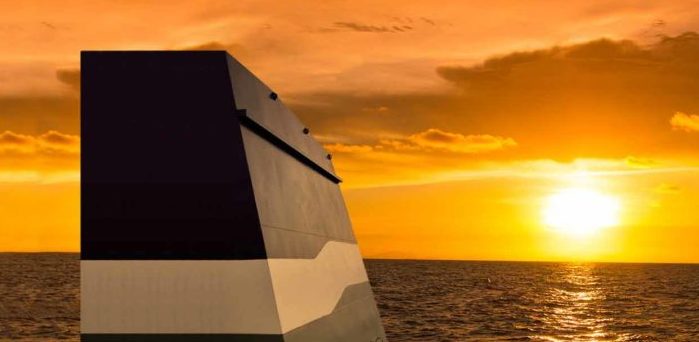Greek shipping company Seanergy Maritime Holdings Corp. announced that it has entered into commercial agreements for the installation of scrubbers on five of its capesize bulk carriers before January 2020 to achieve compliance with the IMO’s sulphur cap. The five vessels are the ‘Partnership’, the ‘Lordship’, the ‘Squireship’, the ‘Championship’, and the ‘Premiership’.
The announcement comes amid a hot debate in shipping industry, regarding to which is the best solution for compliance with the upcoming stringent environmental regulations. The key options vary between the use of scrubbers or LSFO (low sulphur fuel oils), including LNG.
The Company has secured the scrubber equipment from South Korean manufacturer Hyundai Materials and has reserved retrofitting slots at an experienced dry-dock facility in China. The total investment, to be covered by the charterers, is expected to exceed $12.5 million, including equipment and installation costs.
We believe that the significant investment that will be implemented in full cooperation with our charterers represents a balanced and comprehensive approach towards the new environmental regulations scheduled to become effective as of January 1, 2020…We aim to complete the installations of the scrubbers during 2019 before the IMO 2020 regulations come into force. Finally, upon implementation of the new IMO regulations, all of Seanergy’s fleet will be fully compliant with the new rules.”
…said Stamatis Tsantanis, the Company’s Chairman & Chief Executive Officer.
Upon completion of the installations scheduled for Q2 and Q3 2019, the vessels will commence index linked period employment with three leading dry-bulk charterers ranging in durations between three and five years.
As part of the time charter agreements, the charterers will cover 100% of the equipment and installation cost for retrofitting the vessels with scrubbers.
Seanergy was one of the first Greek dry-bulk companies to conclude a feasibility study on scrubbers, in cooperation with the American Bureau of Shipping (ABS). The company currently operates a fleet of ten dry bulk carriers, consisting of nine Capesizes and one Supramax.






























































